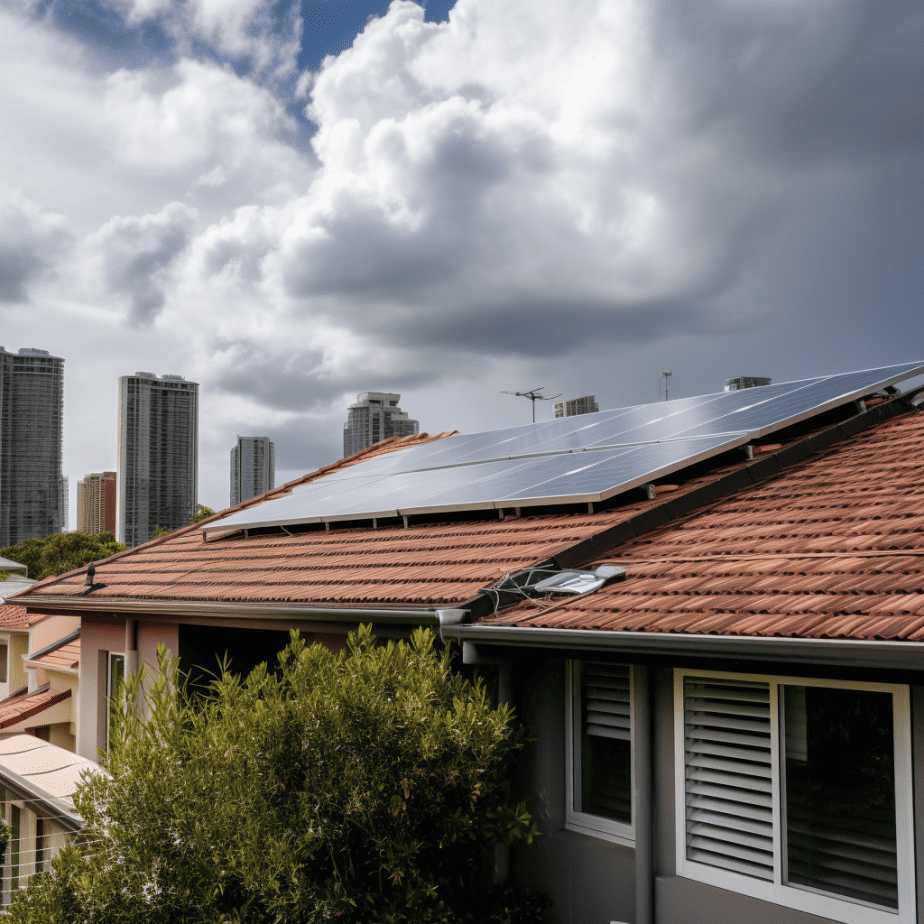How Do Solar Panels Work in Cloudy Weather in Gold Coast?
How Do Solar Panels Work in Cloudy Weather in Gold Coast?
Solar energy is an increasingly popular renewable power source worldwide. It’s especially embraced in areas like the Gold Coast, where the abundant sunshine makes solar panels a savvy investment. However, one question often asked is, how do solar panels work in cloudy weather? In a place renowned for its sun-soaked days, this query may seem counterintuitive, but even in the Gold Coast, the sun isn’t always shining.
Understanding Solar Energy Generation
Before we dive into solar panel performance on overcast days, it’s essential to understand how solar panels work. Simply put, solar panels generate electricity by converting sunlight into energy via photovoltaic cells. Each cell contains a semiconductor material that creates an electrical charge when exposed to light.
It’s crucial to note that solar panels convert light, not heat, into energy. That means they don’t need scorching hot, sunny days to function effectively.
Solar Panels in Cloudy Weather
On a cloudy day, less sunlight reaches the solar panels. However, this doesn’t mean they stop working. While direct sunlight is ideal, solar panels can still generate power from indirect or diffused light – the kind of light that penetrates through clouds.
Studies have shown that, while efficiency may decrease, solar panels can still produce around 10-25% of their usual output on a cloudy day. In some instances, bright but cloudy conditions may even enhance electricity generation, as clouds can reflect or diffuse light onto the panels from various angles.
The Cloudy Day Performance in Gold Coast
While Gold Coast is famed for its sunny climate, it does have its share of cloudy days. Yet, homeowners with solar panels need not fret. The reduced solar output on these days is often balanced out by the higher than average sunlight levels the rest of the time. Even during cloudier seasons or periods of inclement weather, your solar panels are still hard at work, harnessing the available light to generate electricity.
Moreover, with the net metering system, surplus energy generated on very sunny days can be fed back into the grid. This means homeowners can still benefit from their solar panels by offsetting the costs of electricity consumed when solar generation is lower.
Conclusion
In short, while solar panels might be less efficient on cloudy days, they are by no means ineffective. In a sunny region like the Gold Coast, the performance of solar panels over the year remains highly advantageous, despite a few cloudy days here and there. The clouds might impact the best time of the year to install solar panels.
Whether it’s under the brilliant summer sun or an overcast winter day, your solar panels keep converting available light into energy, providing you with a sustainable and cost-effective power solution.




